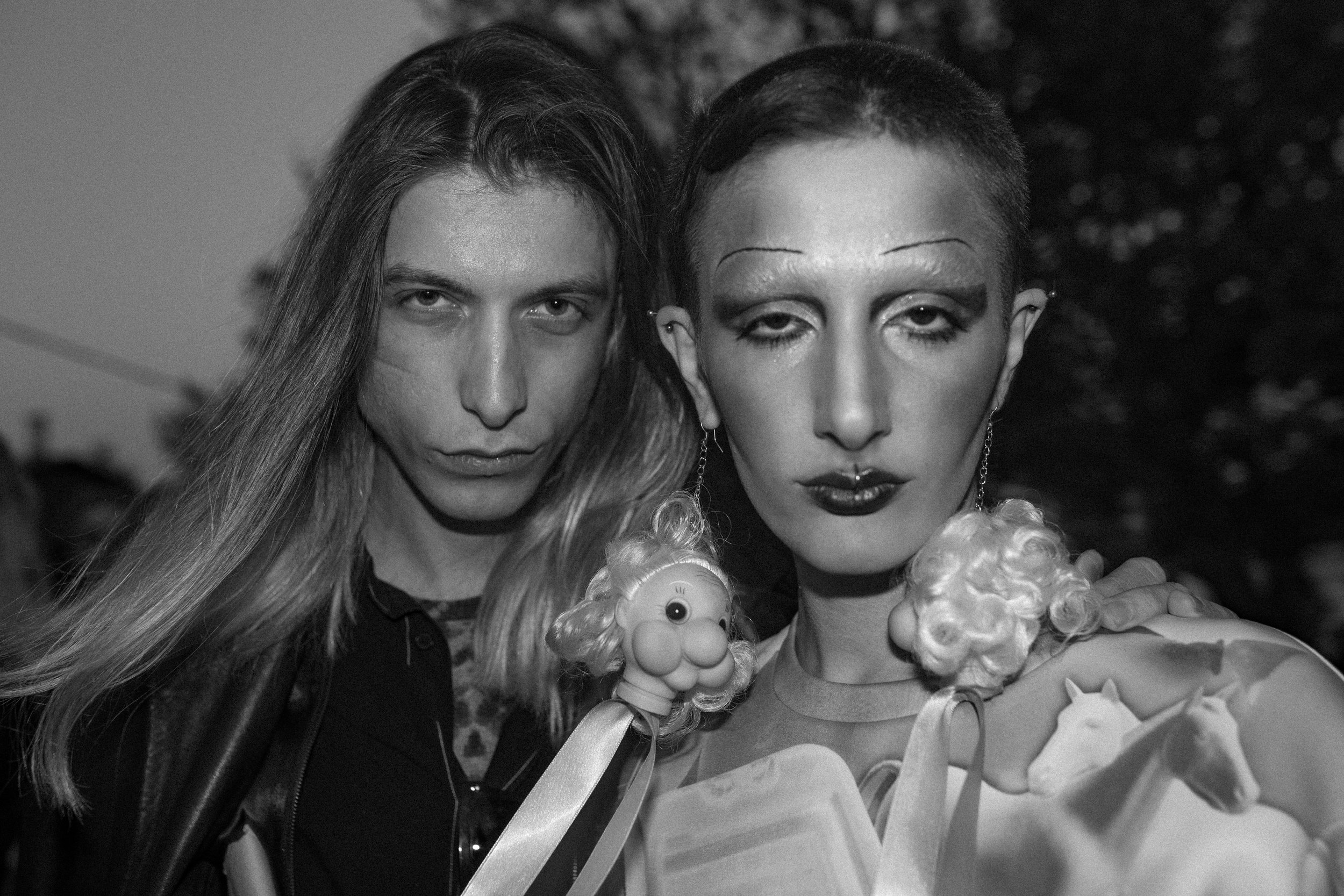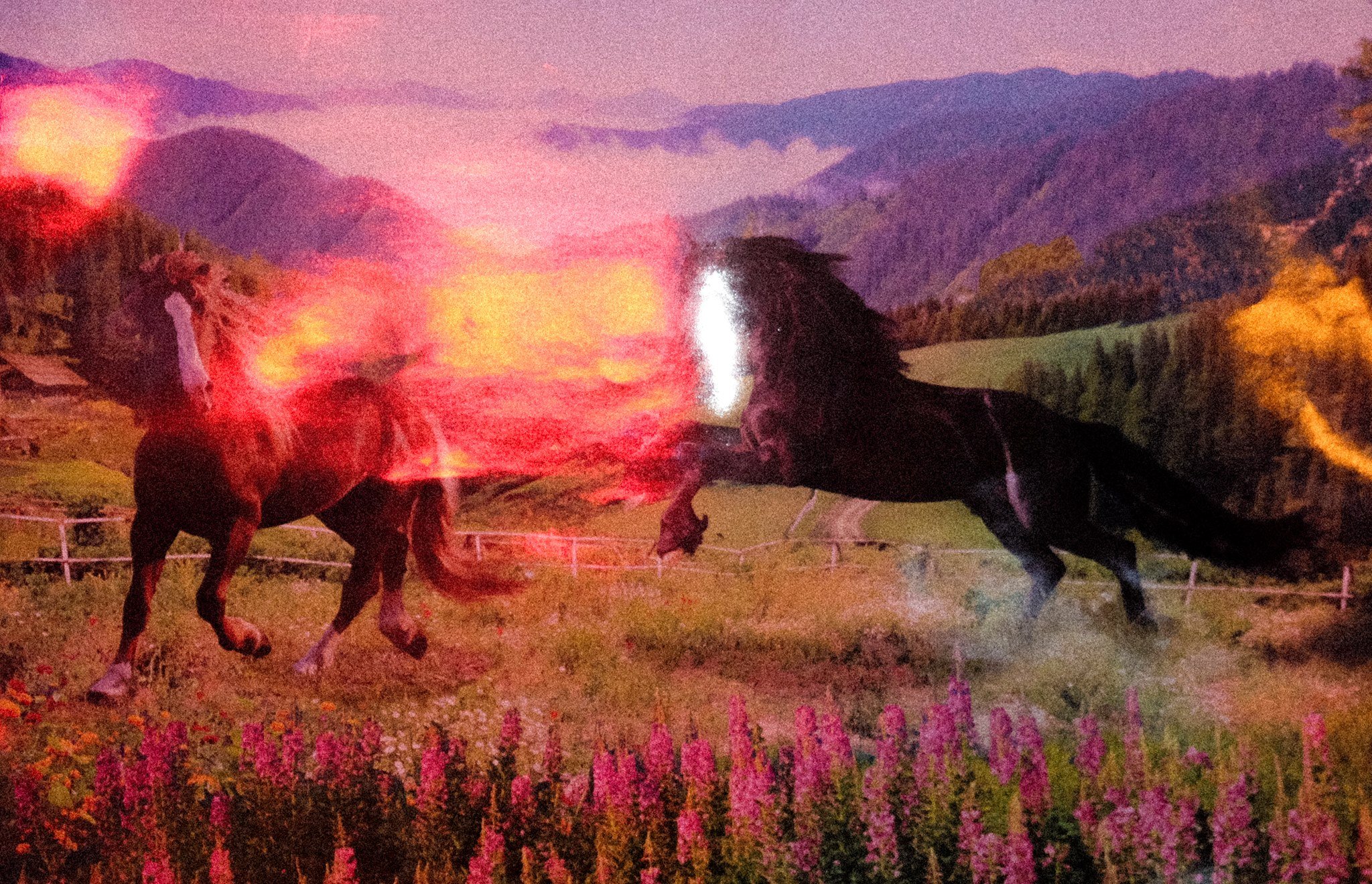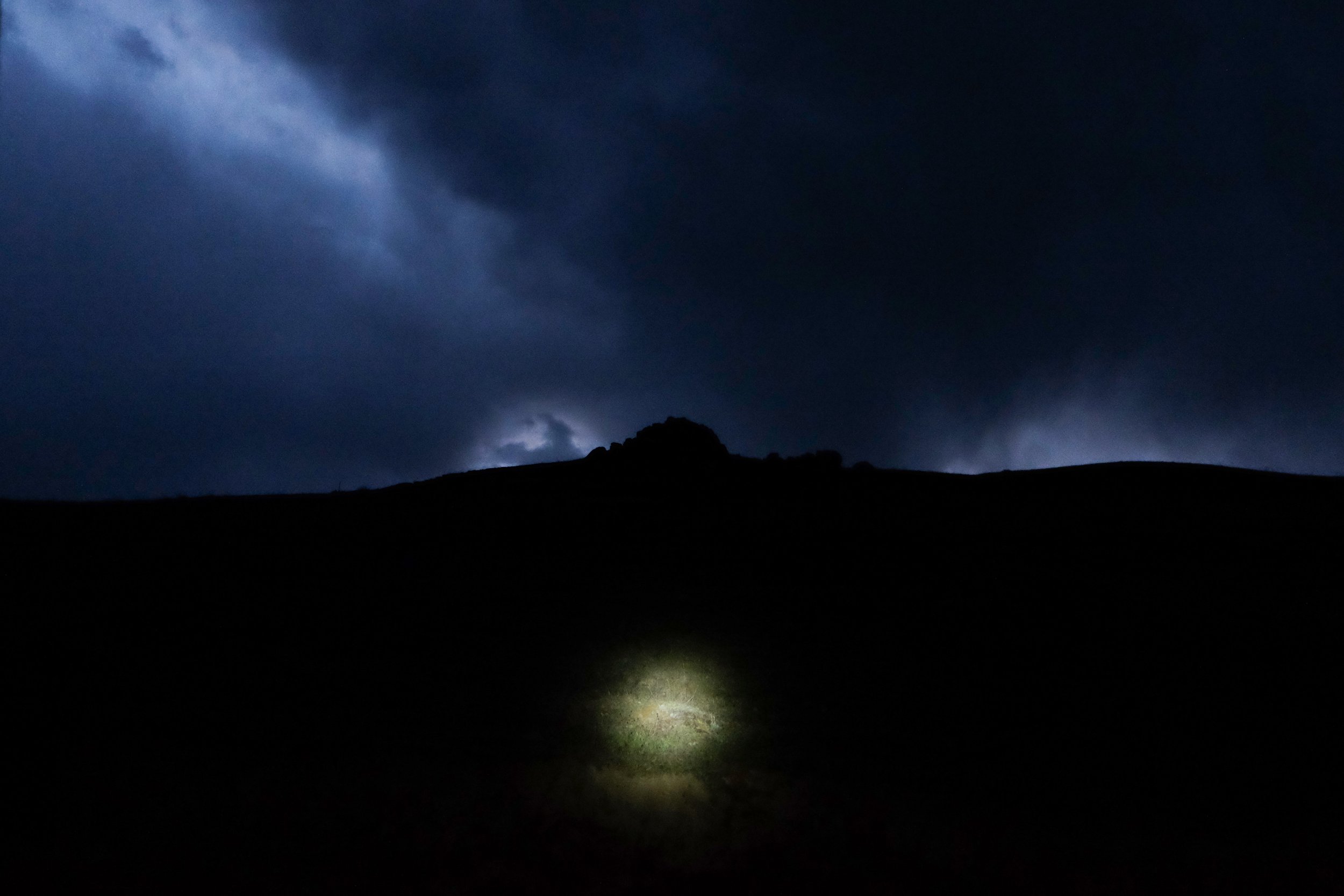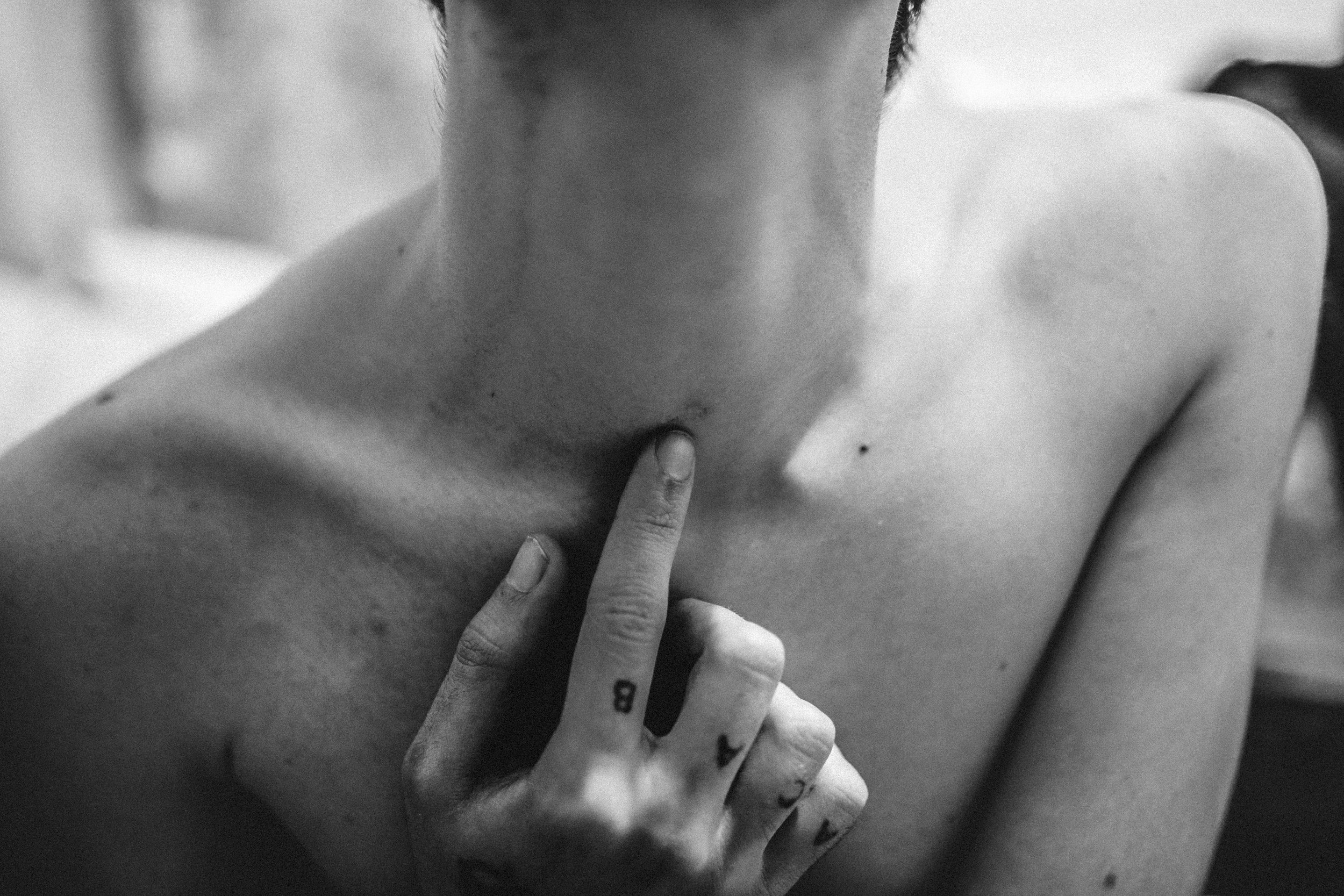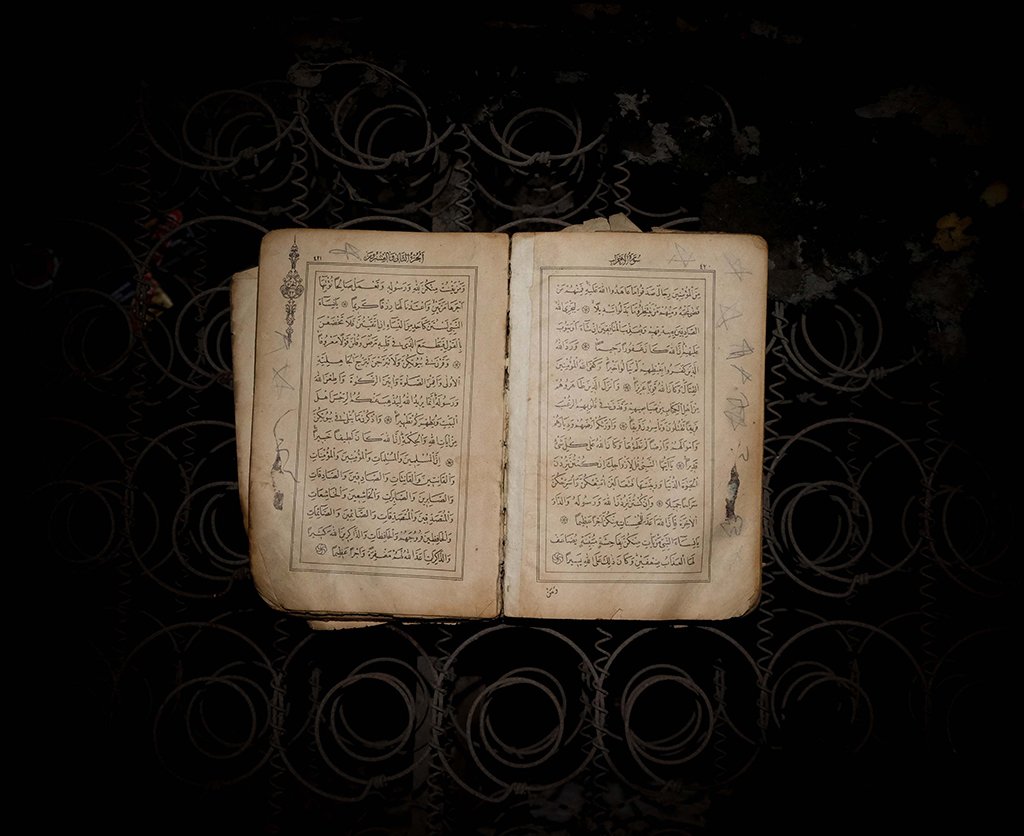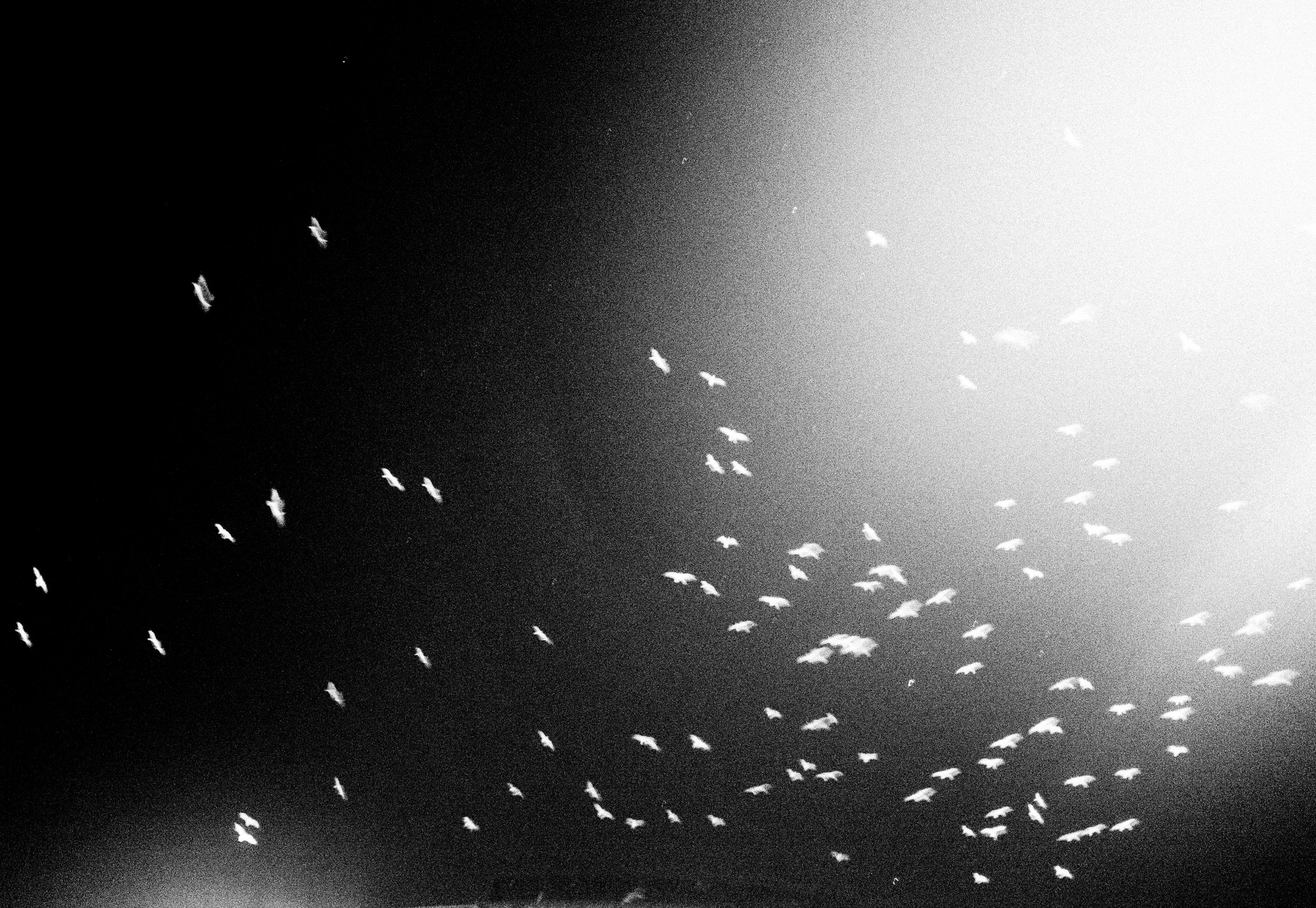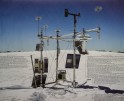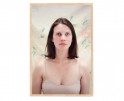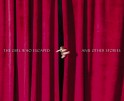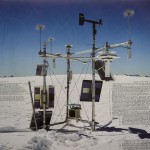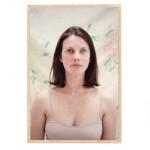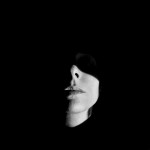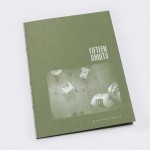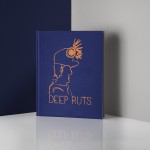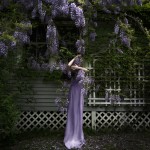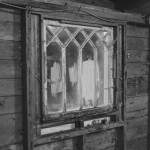Artists of Türkiye: Cansu Yildiran
This week artist and curator Mehves Lelic shares the work of artists making work in Türkiye (Turkey)
Cansu Yildiran’s photographs bear witness from within. In their diaristic images of Türkiye’s LGBTQ+ community, explored across multiple projects such as Fathom and Shelter, Yildiran tells a layered story that considers the inner world of their subjects, as well as the wider scene. The photographs hold a steadfast acknowledgment of the oppressive forces that have become more intense in the nation starting in the 2000s, as a newly-elected conservative regime increasingly targeted what it saw as the social “other.” Yildiran came of age during this time, growing up with a keen awareness that they did not belong in the heteronormative narrative that was so readily accepted by society and found a home and a place to grow in the queer community. Their photographs indeed feel like home: in Shelter, the tight compositions and the inclusion of both candid and performative poses give the overall project a wide berth to depict its subjects’ dignity and beauty. Thoughtful black and white images throughout the series elaborate on the subjects’ relationship with the environment, adding layers of somber symbolism and natural connections: there is agency in the way a young man lays spread-eagled on the grass, on a high cliff just overlooking the ocean, a dog sniffing the plans just halfway off the frame. His head, hanging low, makes his back echo the form of the cliff. Yildiran, with their camera, is always close, physically and spiritually, and explores the desire to be seen, but only in one’s own terms.
Yildiran focuses on their identity as a Generation Y kid when describing the project, and their subtly exuberant scenes reflect an interest in contemporary underground fashion and performance. One fascinating aspect of the images is that they have a timeless quality: the subjects have few specific belongings, fashions, or surroundings that indicate when they were photographed. This timelessness allows for a wider conceptual framework and heritage that ultimately allows for the subjects to hold the viewer’s gaze as individuals. For many, the idea of a queer community resisting and thriving in Istanbul is exotic – it is the perceived incompatibility of a majority-Muslim country and conservative rule with queerness that defines and somewhat limits the perception of the images. The spareness of particular references to geography and time makes the story open-ended and flexible, and allows for each subject unique platforms that are connected to, but not wholly defined by, their nationality.
Fathom, Yildiran’s other project, fully embraces the photographer’s interest in the subconscious, and brings to life a dreamscape of queerness through color, performance, and folklore. The deferred camera angles and artificial lighting under the cover of dark help push the project into a fast-paced exploration of Yildiran’s world. Mitigating photography’s capacity to picture seduction with their efforts in looking below the surface of the skin, the artist creates images that are confrontational but delicate, percolating but deep. Intentionally overexposing to create otherworldly highlights, Yildiran breaks free from convention and arrives at an experimental, performative space in a carefully-selected natural setting.
Yildiran’s work is autobiographical in several ways: in addition to documenting and depicting their community of LGBTQ+ people in Istanbul, they also look at gender inequality through their own family history in the Black Sea Region of Turkey. In the series the Dispossessed, they hone in on the women of Caykara, their ancestral village where women do not own homes. In Yildiran’s images, we see an exploration of the land through sprawling, foggy landscapes that is characteristic of the region. The display of the land, juxtaposed against the portraits of the women, most of which are taken at night, allude to the injustice through eerie, cold colors and sinister forms. In one image, Yildiran photographs a woman among crops on the back of a house, which is pushed to the corner of the frame and distorted by the lens. Yildiran’s acute and thoughtful formal choices bring together a sense of collective disappointment in this particular form of tradition, and the artist further echoes the anonymization of women through a haunting environmental portrait where the face of a woman is overexposed into a halo. Yildiran writes, “In photographing the women of my ancestral homeland, I form a renewed intimacy with my roots, reconciling the sense of dispossession that I came to understand as my escape.” It is that particular renewed yet critical intimacy that proves to be a powerful lens to move on from the clinging vestiges of the past and chart a future path.
Mehves Lelic is an Istanbul-born artist, curator and educator based on the Eastern Shore of Maryland. In her work she ponders modernity and heritage, belonging, and the resulting relationship with the environment. She is an Assistant Professor of Art and Art History and the Director of Mosely Gallery at the University of Maryland Eastern Shore. She holds an MFA from Bard College and a BA from the University of Chicago.
Lelic’s photographic work has been exhibited internationally in venues such as the Virginia Museum of Contemporary Art, Rotterdam Photo Festival, PhotoNOLA, Filter Photo Chicago, the Ogden Museum, Institute of Contemporary Art Baltimore, Cosmos Arles France, the Photographers’ Gallery Istanbul, and others. Her work has been published in the National Geographic, GEO Magazine, Ain’t Bad, Lenscratch, C41, Aesthetica and Der Greif. She has been awarded the National Geographic Expeditions Council Grant, the City of Chicago Individual Artists’ Award, the Turkish Cultural Foundation Cultural Exchange Fellowship, the Association of Art Museum Curators (AAMC) Conference Fellowship, and the ArtTable Faith Flanagan Fellowship.
Lelic previously served as Curator and the Head of the Curatorial Department at the Academy Art Museum in Easton, Maryland and has curated and organized over 20 exhibitions, including Spatial Reckoning: Morandi, Picasso, and Villon (2023); Laura Letinsky: No More Than It Should Be (2023); Marty Two Bulls, Jr.: Dominion (2023); In Praise of Shadows: Jun’ichiro Tanizaki and Modern and Contemporary Works (2023); Mary Cassatt: Labor and Leisure (2023); Fickle Mirror: Dialogues in Self-Portraiture (2022); Jackie Milad: Vestige (2022); Norma Morgan: Enchanted World (2022); The Movable Image: Video Art by Collis/Donadio, Shala Miller, and Rachel Schmidt (2022); Hoesy Corona: Terrestrial Caravan (2022); and On Water (2019).
Instagram: @mehveslelic/
Posts on Lenscratch may not be reproduced without the permission of the Lenscratch staff and the photographer.
Recommended
-
Earth Week: Ian van Coller: Naturalists of the Long NowApril 22nd, 2024
-
Earth Month Photographers on Photographers: Tyler Green in Conversation with Megan JacobsApril 15th, 2024
-
Shari Yantra Marcacci: All My Heart is in EclipseApril 14th, 2024
-
Artists of Türkiye: Cansu YildiranMarch 29th, 2024
-
Broad Strokes III: Joan Haseltine: The Girl Who Escaped and Other StoriesMarch 9th, 2024

